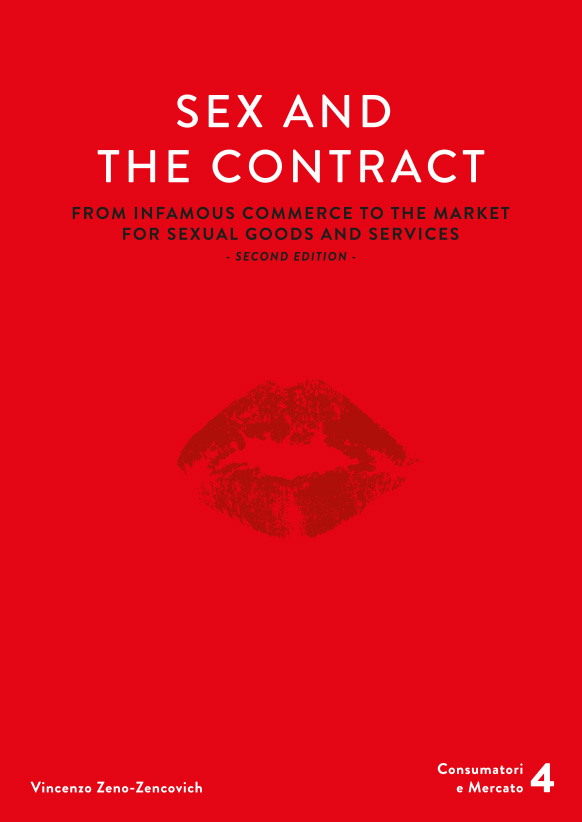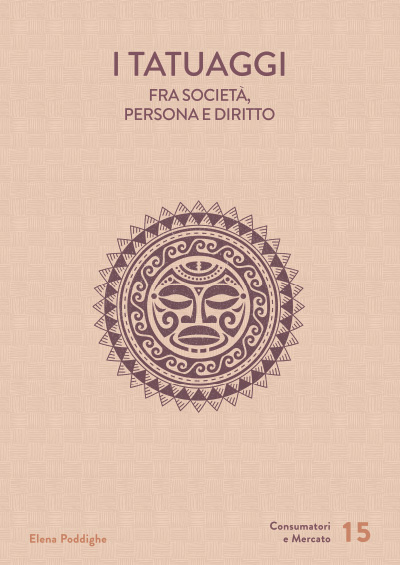Abstract
Sexual services and goods are regulary, and legally, offered in all Western countries. Although they are shunned through the age old maxims of in pari causa turpidinis and nemo auditur, there is a growing tendency, both in legislation and case law, to recognize the effects of these contracts.
The book analyzes, from a comparative perspective, the policies underlying the regulation of sexual services and goods and indicates some important conflicts: self-determination against human dignity, refusal of commodification of women’s bodies against protection of sex workers, regulatory approach against prohibitionism.
The analysis touches sensitive issues such as zoning, sexual tourism, private sexual practices, and consumers of sex enhancers.
The volume takes a legal-realistic approach trying to see the private law aspects of what was considered only as “infamous commerce”.
























